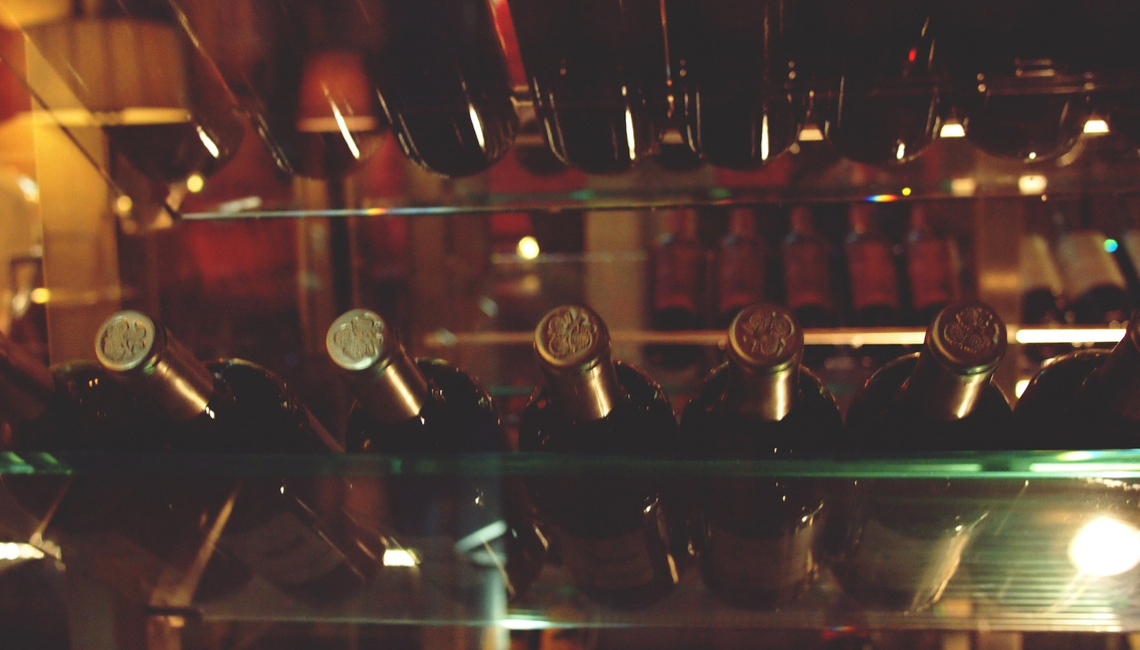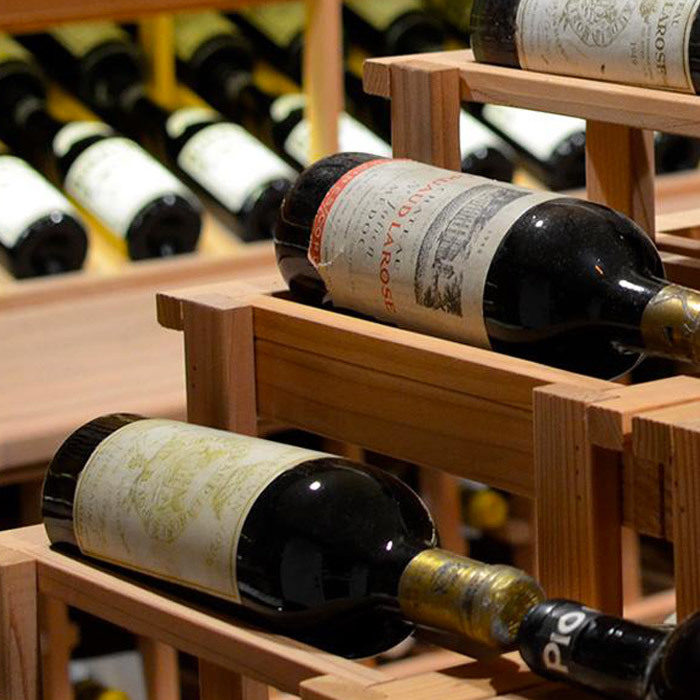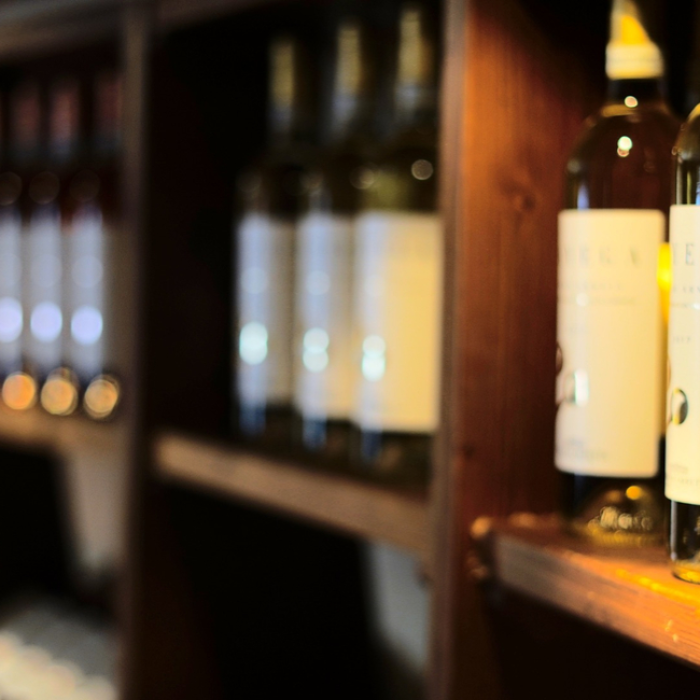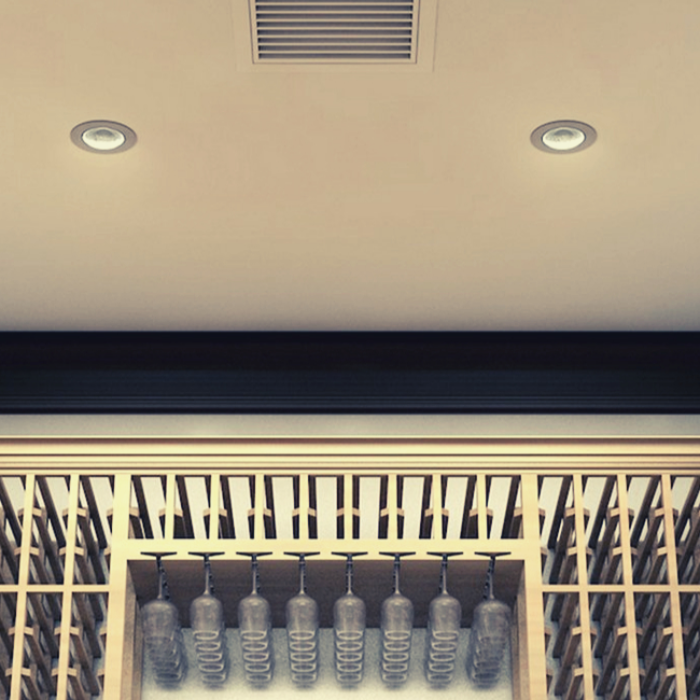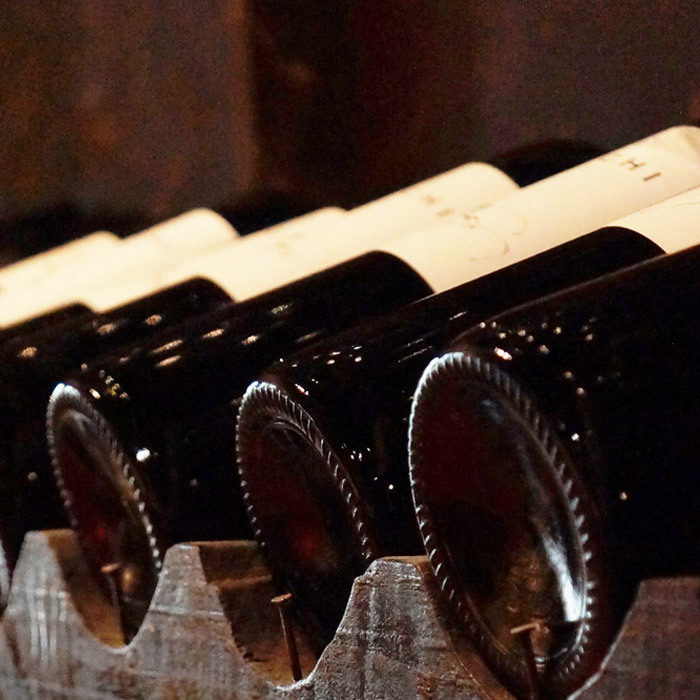COOLING UNIT BUYING GUIDE
The aging process of wine can be a tricky concept to fully grasp, as wine itself is quite temperamental by nature. Wine has a handful of true enemies that can hinder its evolution into its greatest potential. Some of those enemies that will have the most adverse affect have to do with temperature range and consistency, humidity range and consistency, light, vibration and air cleanliness.
Proper storage temperature for all wine (red, white, champagne, etc) is between 53-57 degrees. Quite often people will ask if keeping wine at 60 degrees is bad for the wine, as their basement typically stays around that temperature. The answer is… it may be. At 60 degrees, the aging process is expedited. So a wine that should reach its peak in 8-10 at proper storage temperature may get there in 3-6 at 60 degrees. But more importantly is the CONSISTENCY of that 60 degrees in your basement.
While many basements may stay at 60 degrees for part of the year, it is very rare that the temperature stays consistently the same year round. So even a fluctuation from 58-70 from the coldest part of the year to warmest can be very harmful and is really what can ruin the wines over just a few years if it is not monitored properly. The same holds true for the humidity. While most basements may hold between 55-75% for part of the year, it is the times where it falls below or rises above those levels that the corks can either dry out or get over soaked and wreak havoc on your beloved wines.
Minimal light and zero vibration play very important roles in storage, however those are two variables that are fairly easy to control in your basement environment if everything else is optimal. But many people forget about the smells and odors that are inherent in their homes because we live with them everyday. Any kind of non neutral odor that passes through the cork and into the wine can interfere with the aromas and flavors that are evolving in your wines. This is the same reason we do not recommend using pine or cedar for wine cellar racks, as the aromatics can ruin an entire cellar filled with your prized collection.
So if you are lucky enough to live in a house that has an area that CONSISTENTLY stays between 53-57 degrees, 55-75% relative humidity, has little light, no vibration and no harmful odors… .Congratulations! You have a natural wine cellar and you should load it up with as much great wine as possible, and maybe even charge your friends to store their wine in there as well. But if you are in the majority and have conditions that fluctuate on a yearly basis from these levels, then you may want to look into investing in a temperature controlled wine cellar or refrigerator. If you are not sure, place a temperature and humidity gauge in that area and take some readings as the seasons change. This way you can be sure that one way or another your wine is fully protected and ages exactly how it was intended.

